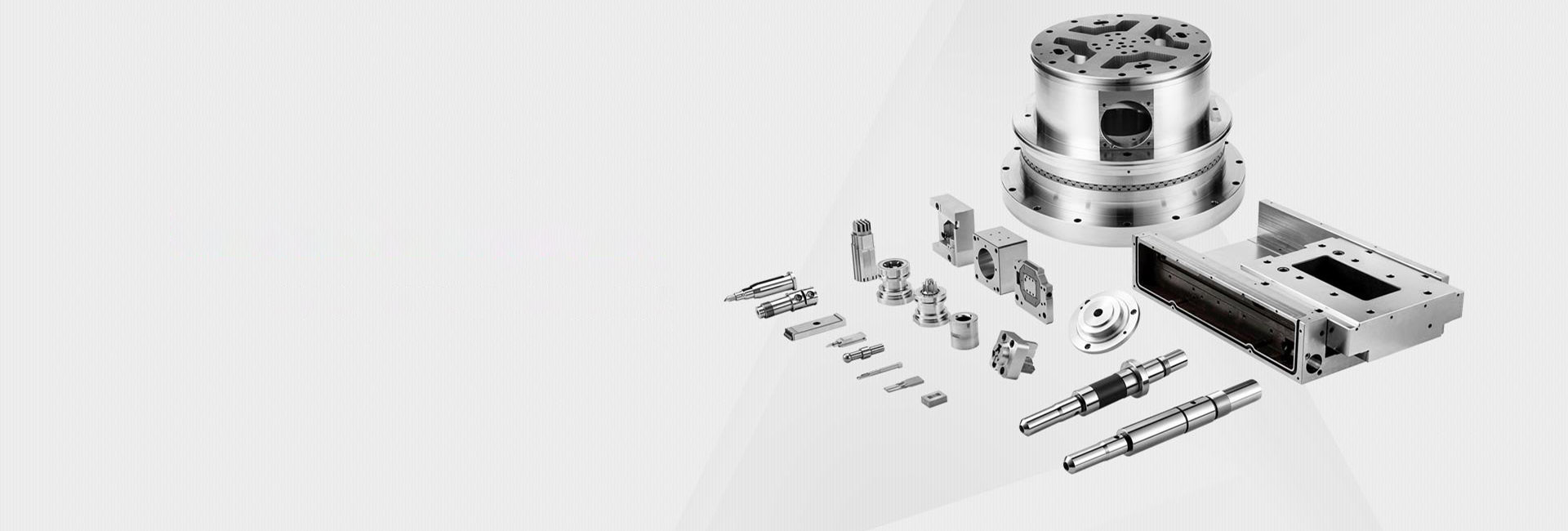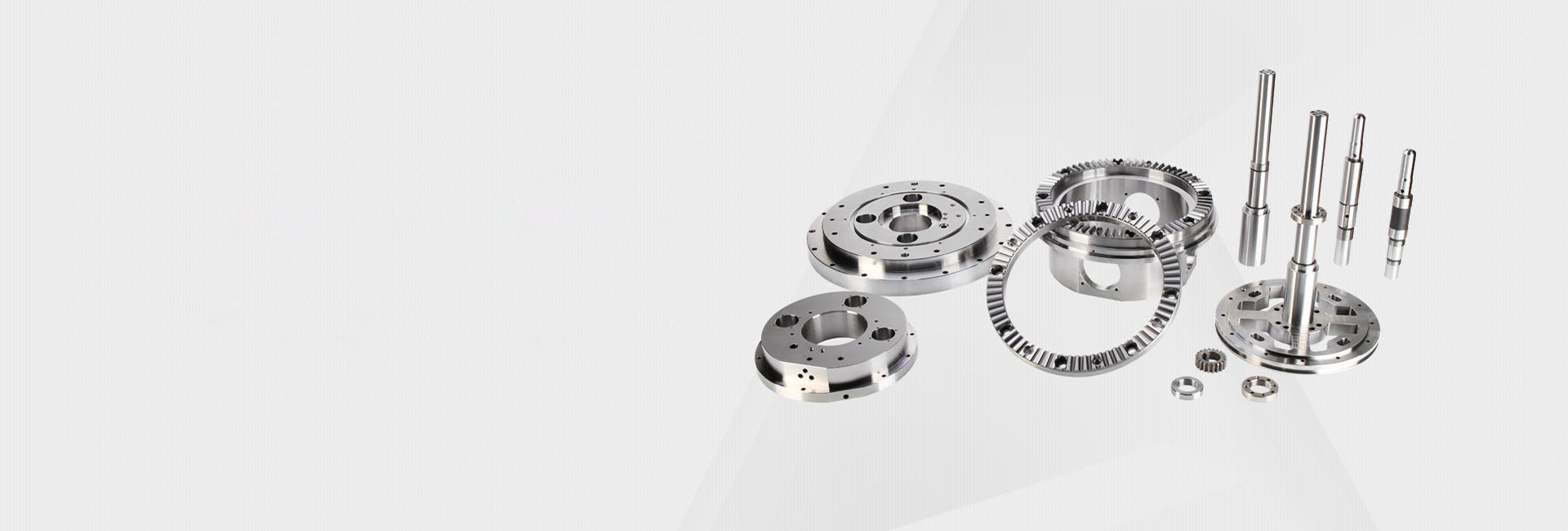Precision CNC Machining Manufacturing: What Is It and Why Does It Matter for Your Project?
Ever sent a design off for manufacturing, only to get back parts that are just slightly off? 🤔 That tiny gap, that imperfect fit – it can throw your entire project timeline and budget into chaos. If you're a procurement manager or an engineer, you know this headache all too well. This is where understanding Precision CNC Machining Manufacturing becomes not just useful, but absolutely critical. Let's break down what it really is and why it might be the key to your next project's success.
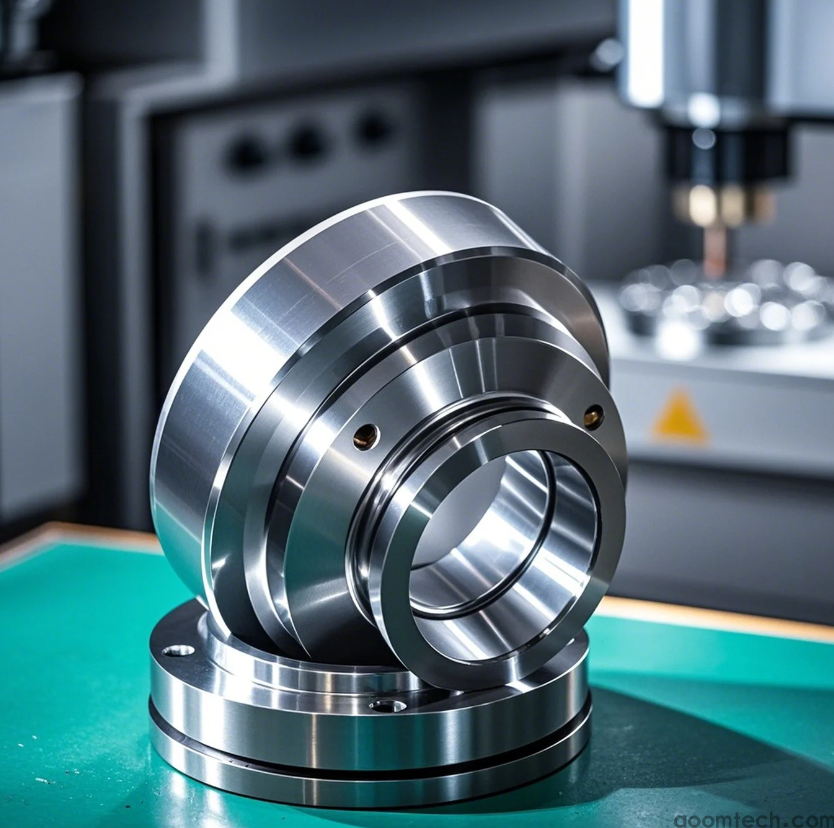
What Exactly is Precision CNC Machining?
At its heart, precision CNC machining is a way of making parts where computers guide the tools with incredible accuracy. Think of it like a super-skilled sculptor, but one that follows digital instructions down to the micron, without ever getting tired or making a random mistake. It's all about taking a block of material—like metal or plastic—and carving away at it with extreme precision to create a final part that matches the digital design perfectly.
While this sounds straightforward, the "precision" part is what separates it from standard machining. It's the difference between something that's "roughly right" and something that fits perfectly every single time.
Why Should You Care About Tolerances?
If you remember one thing from this, let it be "tolerances." This is just a fancy word for the allowed amount of variation in a part's dimensions. A tighter tolerance means the part has to be much closer to the exact specified size.
For example:
• A tolerance of ±.1mm is fairly common and less strict.
• A tolerance of ±.025mm is much tighter and requires high precision.
• Some industries, like aerospace or medical, demand tolerances as tight as ±.005mm or even less! 🚀
Here's the thing, though: requesting extremely tight tolerances when you don't genuinely need them can unnecessarily drive up your costs. The specific relationship between tolerance levels, material choice, and final cost is an area where my knowledge gets a bit fuzzy, and it often depends on the project details. So, it's always a good conversation to have with your manufacturing partner.
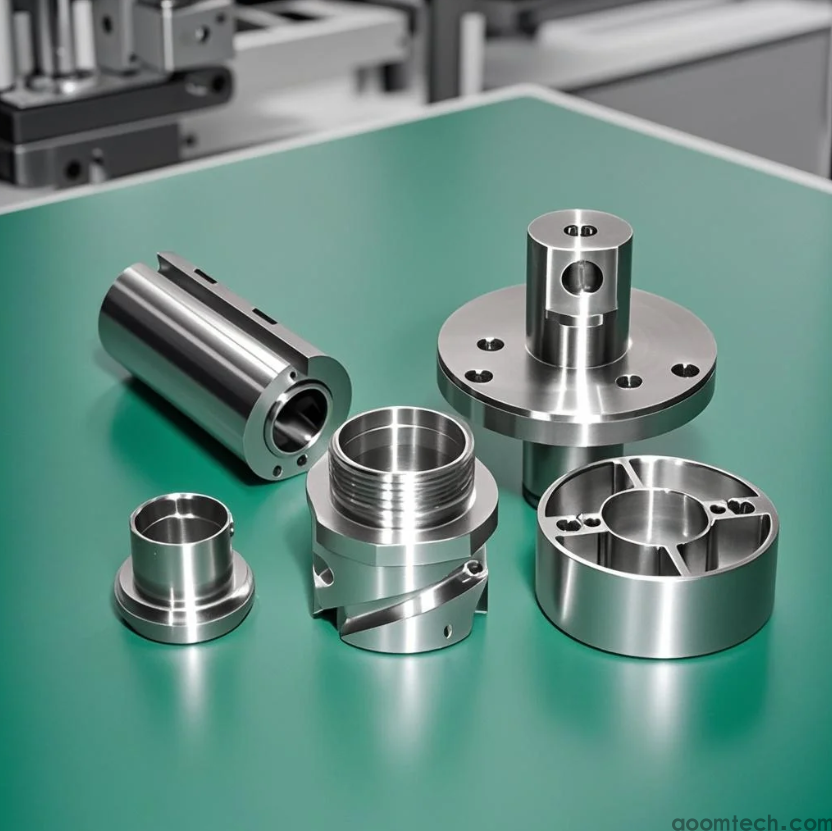
What Materials Can Be Used?
Precision CNC isn't picky! It works with a huge range of materials. This flexibility is a massive advantage.
Common choices include:
• Metals: Aluminum (light and strong), Stainless Steel (corrosion-resistant), Brass...
• Plastics: POM (for low friction), Nylon, PC (Polycarbonate for impact resistance)...
• Even more exotic materials like titanium can be handled.
I often find that aluminum offers a great balance of machinability, strength, and cost for many of the projects I consider. But the best choice always, and I mean always, depends on what the part needs to do in the real world.
How Do You Choose the Right Precision Machining Partner?
This is probably the most important question. You can have the best design, but without the right manufacturer, things can go south. From my perspective, it's not just about who has the shiniest machines.
You should be looking for:
• Proven Experience: Can they show you examples of similar work?
• Quality Control: What steps do they take to check parts during production? This is huge.
• Communication: Are they easy to talk to? Do they understand your needs?
However, it's also fair to say that a smaller, highly specialized shop might sometimes offer more personalized service than a giant factory, even if the bigger one has more machines. It's a balance.
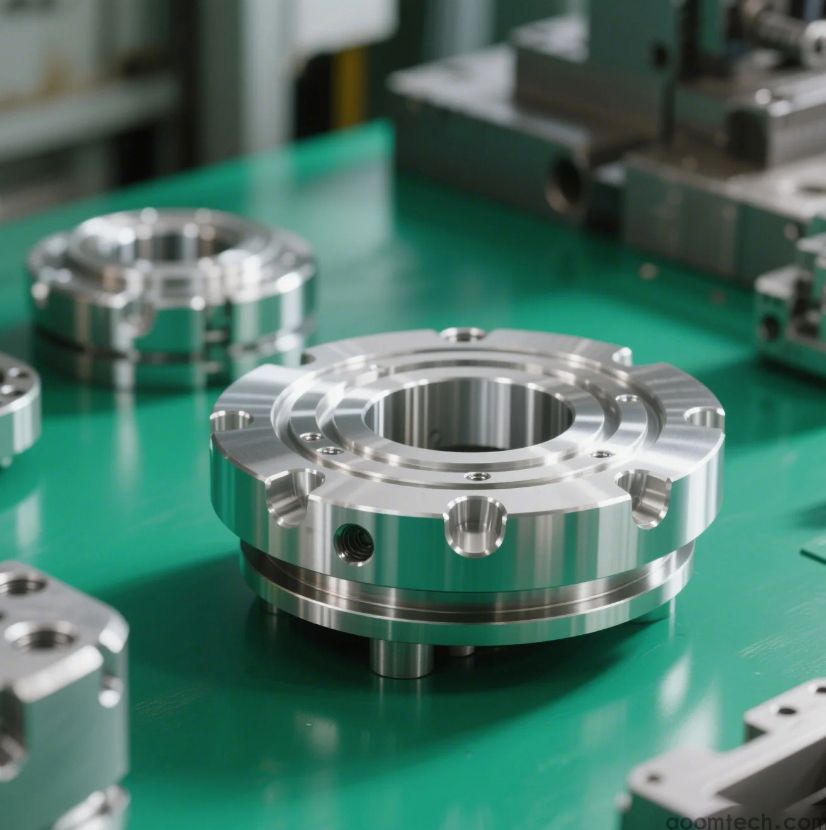
Is Precision CNC Only for Huge Quantities?
This is a common myth! A lot of people think CNC is only cost-effective for thousands of parts. But that's not really true anymore. With modern setups, low-volume and even prototype runs are totally practical. This is fantastic because it lets you test a design before committing to a massive production order, saving potential headaches and money down the line.
So, if you need just one perfect part or a small batch for testing, precision CNC machining can still be a viable option. It perhaps suggests that the manufacturing landscape has become much more adaptable to different project scales.
At the end of the day, getting your components right the first time hinges on clear communication and choosing a process that aligns with your quality needs. Hopefully, this gives you a clearer picture of what precision CNC machining brings to the table. 🤝
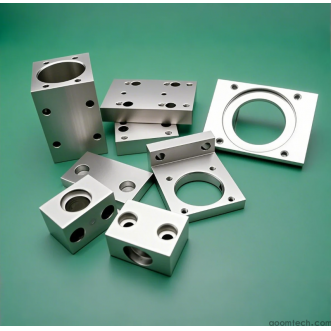 How is the price calculated fo
How is the price calculated fo
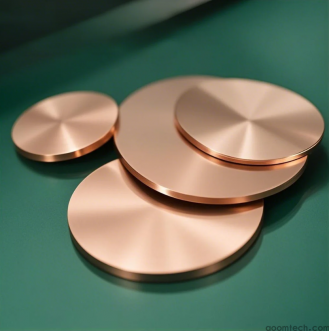 How Does a High-Precision CNC
How Does a High-Precision CNC
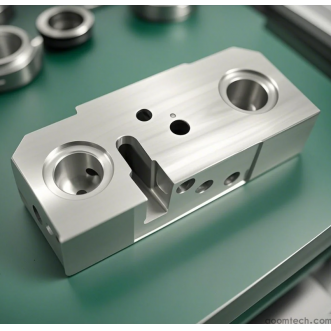 What Factors Affect CNC Machin
What Factors Affect CNC Machin
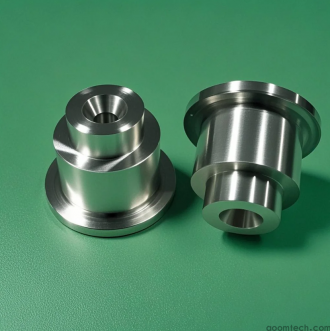 How to Choose a Supplier for C
How to Choose a Supplier for C

